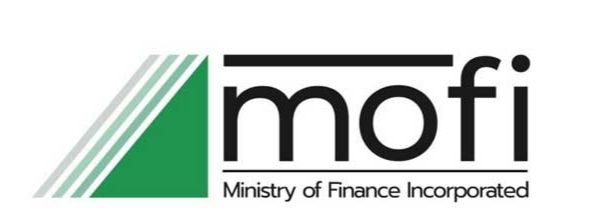The ongoing audit of the assets of state-owned enterprise would help the government decide on the appropriate intervention to turnaround their fortunes, the Managing Director of Ministry of Finance Incorporated (MOFI), Dr. Amstrong Takang, has said.
MOFI is the government agency mandated to be the custodian of the federal government’s investments in various government-owned enterprises (GOEs) and government-linked companies (GLCs) in and outside the country.
Speaking at the launch of the performance scorecard for state-owned enterprises (SOEs) during the corporate governance forum on Monday in Abuja, Dr Takang said the outcome of the audit would be critical in determining the viability of the assets.
Under the asset monetization exercise, Takang said MOFI would do due diligence on each of the assets to establish their current status.
“We are speaking to the respective managers and the Boards of those companies to get a deeper understanding of where they are, where they intend to go in alignment with the agenda of the administration. At the end, we will come up with a number of options available for each of those companies. At that point, we would determine what steps need to be taken for each of them. Some of them we need to recapitalize them. Some of them that are non-strategic, we may need to offload them, and some of them may go into joint venture partners with more strategic partners. But the outcome of that exercise will be made available to the public once it is done,” Takang explained.
Beyond the audit, he said the next phase would be to talk to strategic partners who have expressed interest in investing in those assets, either through joint ventures, outright acquisitions or other forms of partnerships.
He said MOFI was already interested in working with some of those prospective partners, adding that at the right time, appropriate decisions would be taken on them.
In all cases, he said MOFI would allow the decisions on those exercises to go through the due process stipulated by law, as well as the processes through the various Boards, including the MOFI Board, those of the respective entities as well as the Governing Council of Nigeria.
On the decision to establish a corporate governance structure for the SOEs, Takang explained that this would not only enhance their creditworthiness, but also their attractiveness to prospective investors, by ensuring transparency, accountability, and financial discipline.
Besides, he said the corporate governance structure of the enterprises would enable them to access external capital markets, and reduce reliance on state subsidies.
Also, he said “good corporate governance reduces the cost of capital, by lowering perceived risks for investors, and increases SOE valuations through efficient operations and credible reporting. This makes SOEs more competitive and attractive for investment.”
“Governance reforms streamline resource allocation and management, improving productivity and profitability. Clear mandates, professional boards, and performance monitoring replace inefficiency with accountability.
“Robust governance minimizes the likelihood of financial crises, operational failures, or scandals by instituting checks and balances, audits, and transparent decision-making.”
Beyond individual SOEs, Takang said “good governance enhances national competitiveness, reduces fiscal burdens, and supports financial system stability by creating efficient, self-sustaining enterprises.”
In his speech at the occasion, the Minister of Finance and Coordinating Minister of the Economy, Wale Edun, said the government would take a second look at the underlining assumptions for the 2025 Federal Budget, as the impact of the recent 14 percent tariff imposed on non-mineral exports by the United States appears to have fundamentally distorted government projections.
While the Federal Government in preparing the 2025 Appropriation Act pegged earnings from crude oil exports on a benchmark price of $75 per barrel, the level has since crashed to an average of $65 per barrel on the heels of the recent tariffs policy by the Trump administration.
Edun said the part of the solution the government was considering to rein in the situation would be to intensify efforts to ramp up crude oil production to curtail any price effect.
He explained that the economic management team would look at the various scenarios and advise the government on the appropriate decision to take.
“There’s global uncertainty at a huge level. So, nobody knows exactly what will happen based on announcements that have been made. We’re not sure what will be delayed, what will be reversed, or what will be implemented. So, it is not an announcement that the budget is being reviewed.
It’s an announcement that it is our responsibility to look at the various scenarios and options and advise the government accordingly,” the Minister said.




